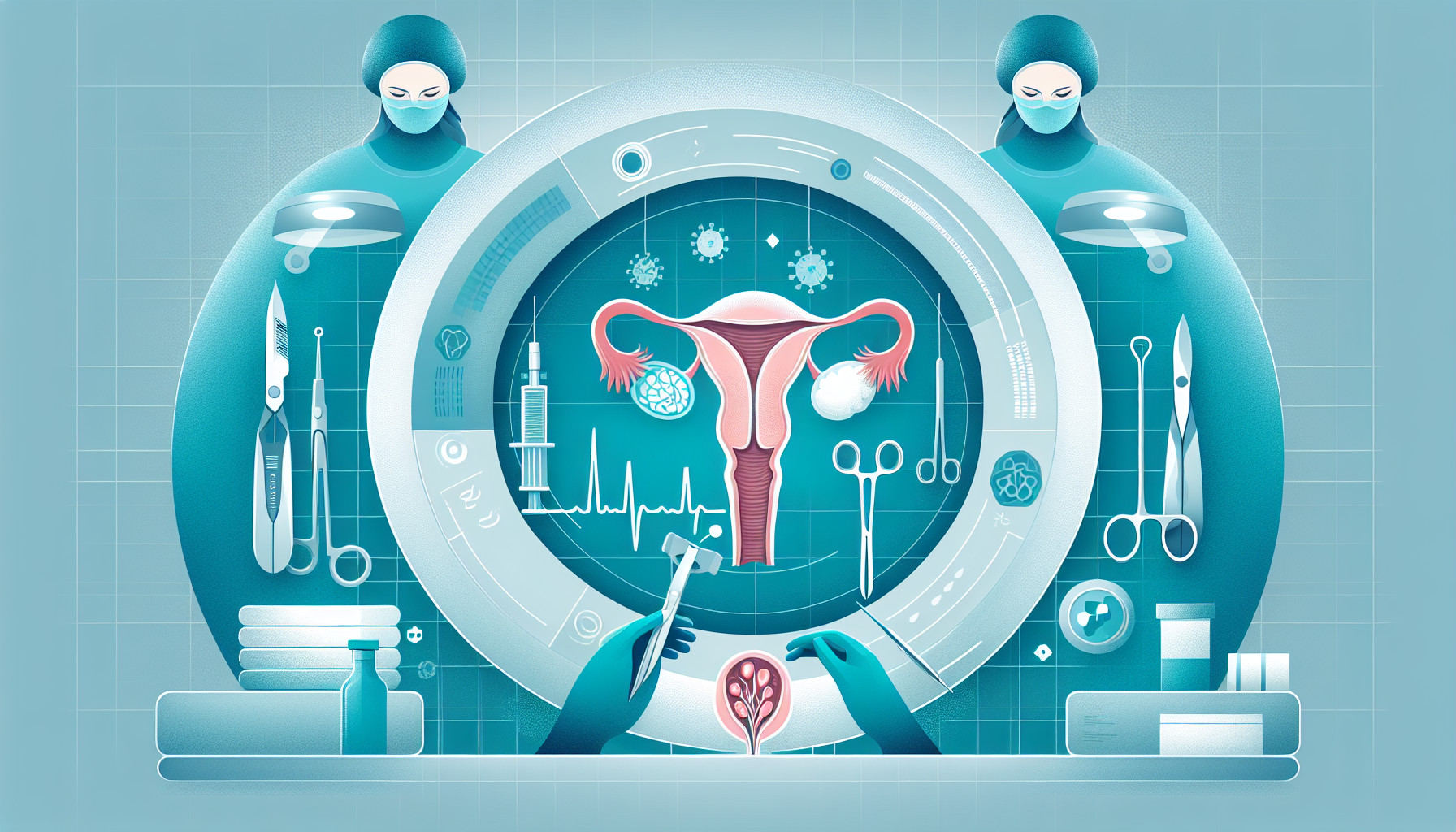Our Summary
This research paper explores what happens to fetuses with a prenatal diagnosis of ovarian cysts. The researchers analyzed previous studies and found that in just over half of the cases, the cyst disappeared either during pregnancy or after birth. However, the chances of this happening were significantly lower if the cyst was complex or large. Changes in the ultrasound appearance of the cyst were often linked to the loss of an ovary, either through surgical removal or natural processes. The risk of the cyst causing the ovary to twist, a painful condition known as ovarian torsion, was much higher for large cysts. These large cysts also increased the likelihood of needing surgery after birth. The same was true for complex cysts, regardless of their size. In cases where the cyst was drained before birth, the cyst often came back, and complications such as ovarian torsion and bleeding within the cyst occurred after birth. In conclusion, the size and appearance of the cyst on ultrasound scans are key factors in predicting outcomes for fetuses with ovarian cysts.
FAQs
- What is the likelihood of an ovarian cyst disappearing either during pregnancy or after birth?
- How does the size and complexity of an ovarian cyst affect the chances of it causing complications such as ovarian torsion or the need for surgery?
- If an ovarian cyst is drained before birth, is there a possibility of it returning, and what complications might arise in such cases?
Doctor’s Tip
One helpful tip a doctor might tell a patient about ovarian cyst removal is to discuss the potential risks and benefits of surgery. It’s important to understand that while surgery may be necessary for certain cases, such as large or complex cysts, it also carries risks such as infection, bleeding, and damage to surrounding tissues. Patients should be informed about these risks and have a clear understanding of why surgery is being recommended in their particular case. It’s also important to discuss post-operative care and recovery, as well as any potential long-term effects of ovarian cyst removal. Patients should feel comfortable asking questions and seeking a second opinion if needed to ensure they make an informed decision about their treatment.
Suitable For
Patients who are typically recommended ovarian cyst removal are those with complex or large cysts that have a high risk of causing complications such as ovarian torsion or requiring surgery after birth. Additionally, patients with cysts that do not resolve on their own during pregnancy may also be recommended for removal. The decision to remove an ovarian cyst is often based on the size and appearance of the cyst, as well as the potential risks and complications associated with leaving it untreated.
Timeline
Before ovarian cyst removal:
- Patient may experience abdominal pain or discomfort
- Patient may undergo imaging tests such as ultrasound to diagnose the cyst
- Patient may have discussions with their healthcare provider about treatment options
- Patient may experience anxiety or worry about the cyst and its potential complications
After ovarian cyst removal:
- Patient undergoes surgery to remove the cyst
- Patient may experience pain and discomfort in the recovery period
- Patient may need to take pain medication and follow-up with their healthcare provider for monitoring
- Patient may experience relief from symptoms that were caused by the cyst
- Patient may have a follow-up appointment to discuss the results of the surgery and any further treatment options if needed.
What to Ask Your Doctor
- What are the potential risks and complications associated with ovarian cyst removal surgery?
- How will the procedure be performed and what is the recovery process like?
- Will I need to stay in the hospital after the surgery, and if so, for how long?
- What are the chances of the cyst coming back after surgery?
- Are there any long-term effects or implications of having an ovarian cyst removed?
- Will the removal of the cyst affect my fertility or hormone levels?
- Are there any alternative treatments or management options for ovarian cysts?
- How often will I need to follow up with you after the surgery?
- What symptoms should I watch for that could indicate complications after the surgery?
- Are there any lifestyle changes or precautions I should take after having an ovarian cyst removed?
Reference
Authors: Bascietto F, Liberati M, Marrone L, Khalil A, Pagani G, Gustapane S, Leombroni M, Buca D, Flacco ME, Rizzo G, Acharya G, Manzoli L, D’Antonio F. Journal: Ultrasound Obstet Gynecol. 2017 Jul;50(1):20-31. doi: 10.1002/uog.16002. Epub 2017 Jun 7. PMID: 27325566
